An extensive 12th-century hospital network is being revealed in Cambodia.
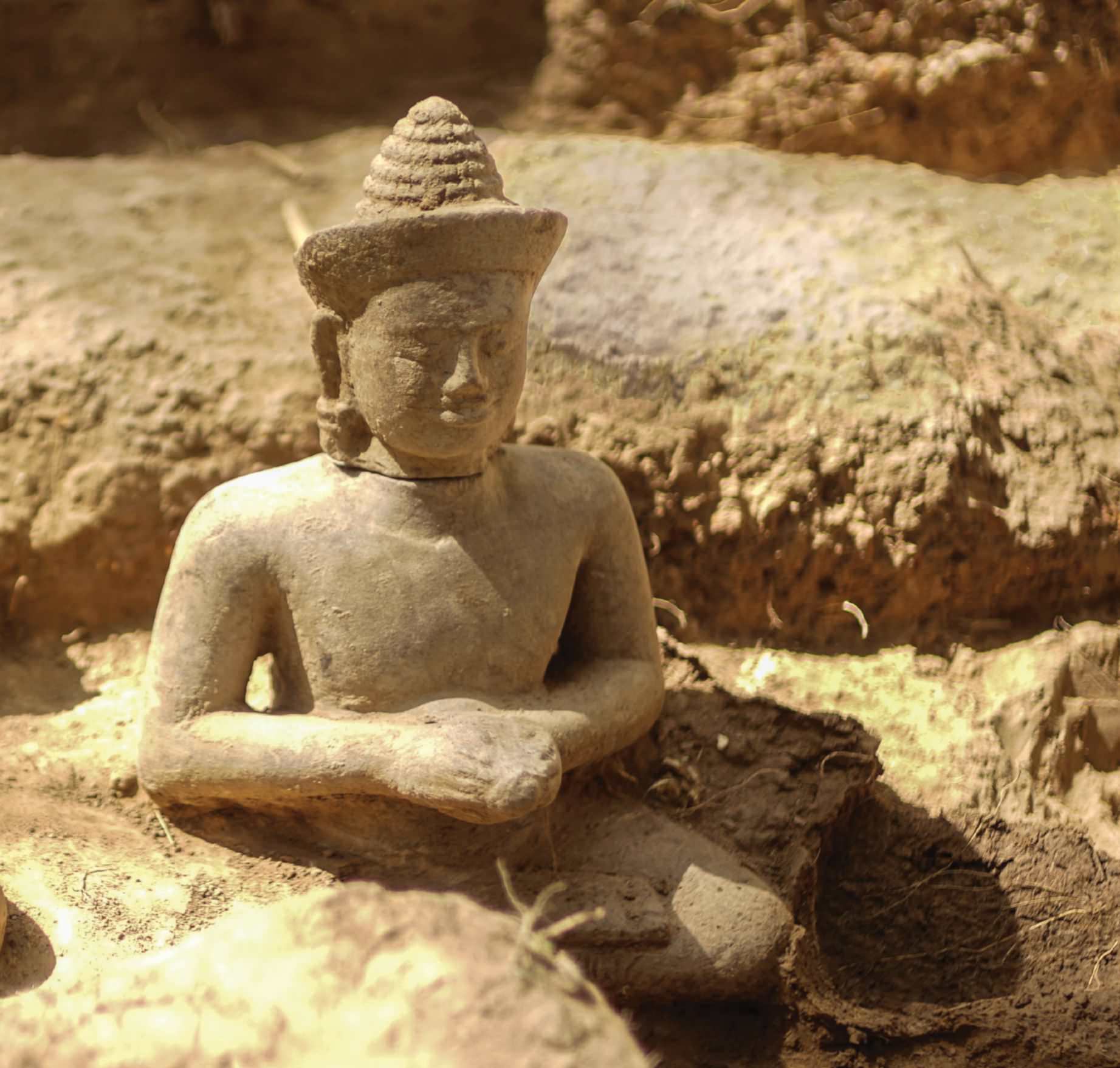
Just beyond the walled city of Angkor Thom, within the ancient Khmer metropolis of Angkor in northwestern Cambodia, archaeologists have unearthed evidence of what might be the world’s first government healthcare system. They are investigating the remains of a twelfth-century hospital complex called Tonle Sngout, which sat at one of five gates to Angkor Thom. The hospital served as a bustling checkpoint for thousands of residents, travelers, patients, and pilgrims entering and leaving the city. The findings, including six rare statues, attest to the empire-building efforts of the Khmer king Jayavarman VII, who ruled between 1182 and 1218. Arguably the greatest of all the Khmer rulers, he built Angkor Thom, instituted Buddhism as the state religion, and expanded the Khmer kingdom to its apogee by military conquest and by wielding the power of medicine and social services.
The world-famous archaeological site of Angkor, best known for Angkor Wat, the twelfth-century temple built by one of Jayavarman VII’s Hindu predecessors, was the capital of the Khmer Empire from about the ninth through the fifteenth centuries. For most of that time, the kings of Angkor ruled over territory that ranged from the southern tip of Vietnam across Cambodia, Laos, and parts of Thailand, Myanmar, and China’s Yunnan Province. Jayavarman VII was born into the royal family in Angkor around 1120 and lived to be nearly 100, dying in 1218. He took power after leading the campaign to expel invaders from neighboring Champa, who had occupied Angkor for several years. Scholars believe that as part of his effort to rebuild the kingdom and consolidate Khmer power, he embarked on a phase of construction across his empire, building a network of roads, canals, reservoirs, and temples— and exactly 102 hospitals, called arogyasala.
Denne historien er fra January/February 2018-utgaven av Archaeology.
Start din 7-dagers gratis prøveperiode på Magzter GOLD for å få tilgang til tusenvis av utvalgte premiumhistorier og 9000+ magasiner og aviser.
Allerede abonnent ? Logg på
Denne historien er fra January/February 2018-utgaven av Archaeology.
Start din 7-dagers gratis prøveperiode på Magzter GOLD for å få tilgang til tusenvis av utvalgte premiumhistorier og 9000+ magasiner og aviser.
Allerede abonnent? Logg på
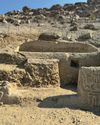
ORIGINS OF PERUVIAN RELIGION
While investigating looters' holes at the site of La Otra Banda in northern Peru's Zaña Valley, archaeologist Luis A. Muro Ynoñán of the Field Museum and the Pontifical Catholic University of Peru spotted carved blocks around seven feet below the surface.
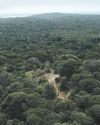
ISLAND OF FREEDOM
Many of the enslaved Africans sent to Brazil beginning in 1549 were from what is now Angola, where one of the most widely spoken languages was Kimbundu.
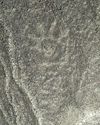
NAZCA GHOST GLYPHS
From the 1940s to the early 2000s, geoglyphs were discovered in the Nazca Desert of southern Peru depicting animals, humans, and other figures at the rate of 1.5 per year.

COLONIAL COMPANIONS
The ancestry of dogs in seventeenth-century Jamestown offers a window into social dynamics between Indigenous people and early colonists.
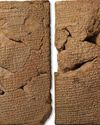
BAD MOON RISING
The British Museum houses around 130,000 clay tablets from ancient Mesopotamia written in cuneiform script between 3200 B.C. and the first century A.D.
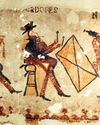
DANCING DAYS OF THE MAYA
In the mountains of Guatemala, murals depict elaborate performances combining Catholic and Indigenous traditions
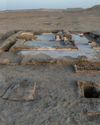
LOST GREEK TRAGEDIES REVIVED
How a scholar discovered passages from a great Athenian playwright on a discarded papyrus

Medieval England's Coveted Cargo
Archaeologists dive on a ship laden with marble bound for the kingdom's grandest cathedrals

Unearthing a Forgotten Roman Town
A stretch of Italian farmland concealed one of the small cities that powered the empire
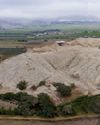
TOP 10 DISCOVERIES OF 2024
ARCHAEOLOGY magazine reveals the year's most exciting finds